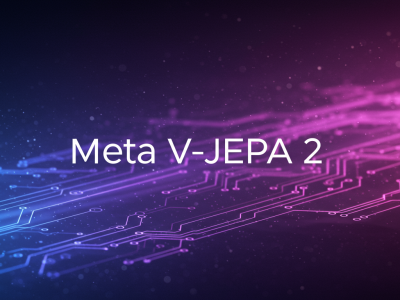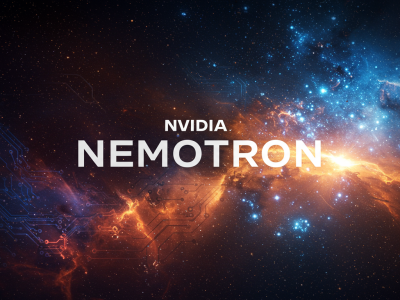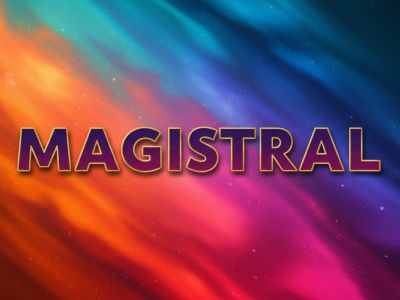Quick Take: Mistral just unleashed its Agents API, a potent toolkit for developers to build and orchestrate sophisticated AI agent teams. We’re talking agents that don’t just chat, but *do* – from managing GitHub repos with Devstral to crunching financial data and automating complex workflows. With built-in connectors, MCP tool support, and stateful conversations, this is your green light for serious agentic AI development.
🚀 The Crunch
⚡ Developer Tip: A Devstral-powered coding agent overseen by a manager agent for your GitHub workflows, or an MCP-driven agent to automate your Linear ticket processing from call transcripts? Whatever you like!
Key Actionable Features:
- Leverage Built-in Connectors: Instantly arm agents with code execution (sandboxed Python), image generation (via Black Forest Lab), document retrieval (RAG from Mistral Cloud), and web search.
- Integrate with MCP Tools: Connect agents to external systems, APIs, databases, and user data using the Model Context Protocol for real-world context and action.
- Build Stateful Conversations: Create coherent, long-running interactions. The API handles context, allows conversation branching, and supports streaming outputs.
- Orchestrate Agent Teams: Design workflows where multiple agents collaborate, delegate tasks, and are dynamically added/removed to solve complex problems. Get started by creating individual agents with specific tools/models, then define their delegation paths.
🛠️ Availability: The Agents API is live now! Check out Mistral’s documentation to get started with building your agentic workflows.
⚠️ Critical: Effective orchestration requires careful planning. Define clear roles, tools, and delegation paths for each agent in your multi-agent system for optimal performance.
🎯 TLDR; Vibe Check: Mistral’s Agents API is your new playground for building AI super-teams that *actually* do stuff. Packed with tools, MCP support, and smart convo management – go build something amazing!
🔬 The Dive
Mistral isn’t just dipping its toes into agentic AI; they’re cannonballing into the deep end with the Agents API. This is about moving beyond single-shot AI interactions to create sophisticated, task-oriented systems that can tackle real-world complexity.
The vision? AI agents that take meaningful action, and they’re giving developers the keys to build them. Check out their initial announcement video for a quick overview:
They’re showcasing some potent examples to get your gears turning: imagine a coding assistant where a manager agent oversees a DevStral-powered developer agent, granting it full authority over a GitHub repository to autonomously manage software development tasks.
Or picture an intelligent Linear tickets assistant using a multi-server MCP architecture to transform raw call transcripts into structured PRDs, then into actionable Linear issues, all while keeping tabs on project deliverables.
For the finance wizards, a financial analyst agent could orchestrate multiple MCP servers to source financial metrics, compile deep insights, and securely archive the results. And it’s not all enterprise-grade stuff; think powerful AI travel assistants or nutrition companions – the possibilities are broad.

🔬 Technicalities: Arming Your Agents: To make these agents truly effective, Mistral is equipping them with a robust set of built-in connectors. These are ready-to-go tools agents can call on demand.
The code execution connector lets agents run Python in a sandbox for calcs, data viz, or scientific computing. The image generation connector (powered by Black Forest Lab FLUX1.1 [pro] Ultra) adds visual creation capabilities.
A Document Library connector enables RAG by letting agents access documents from Mistral Cloud. And, crucially, web search is a connector, allowing agents to pull in up-to-date info. Beyond these, the Agents API SDK can leverage tools built on the Model Context Protocol (MCP), an open standard for integrating agents with external systems like APIs, databases, and user data.
Smart Conversations
The API boasts robust conversation management. It’s stateful, meaning each conversation retains context for coherent, extended interactions. Devs no longer need to manually track history; they can view past conversations and, importantly, branch off new paths from any point. Streaming outputs ensure real-time updates.
But the real magic, Mistral emphasizes, is dynamic orchestration. You can design workflows where agents are added or removed as needed, each contributing unique skills. Building these handoffs involves creating individual agents with specific tools and models, then defining which agents can delegate tasks to others.




